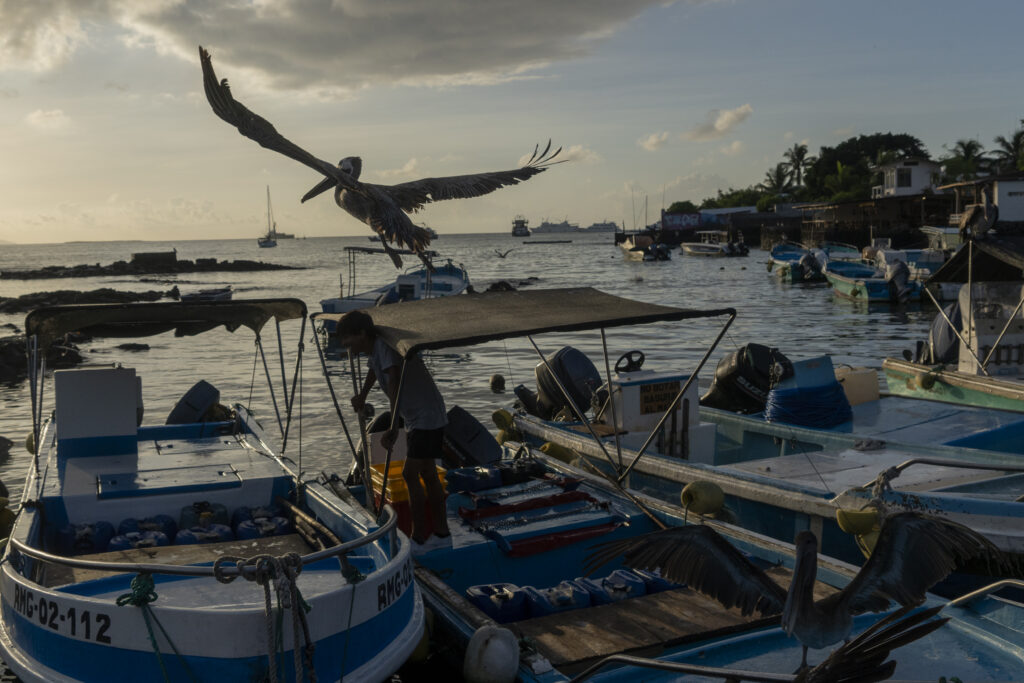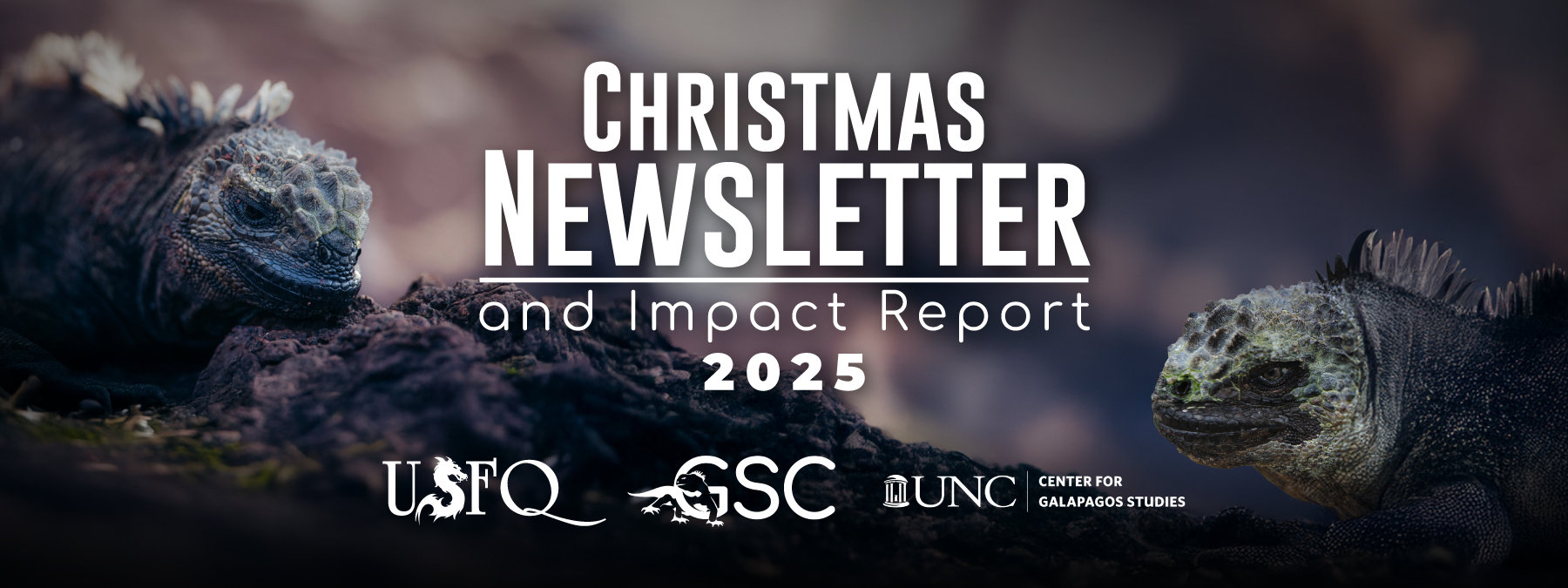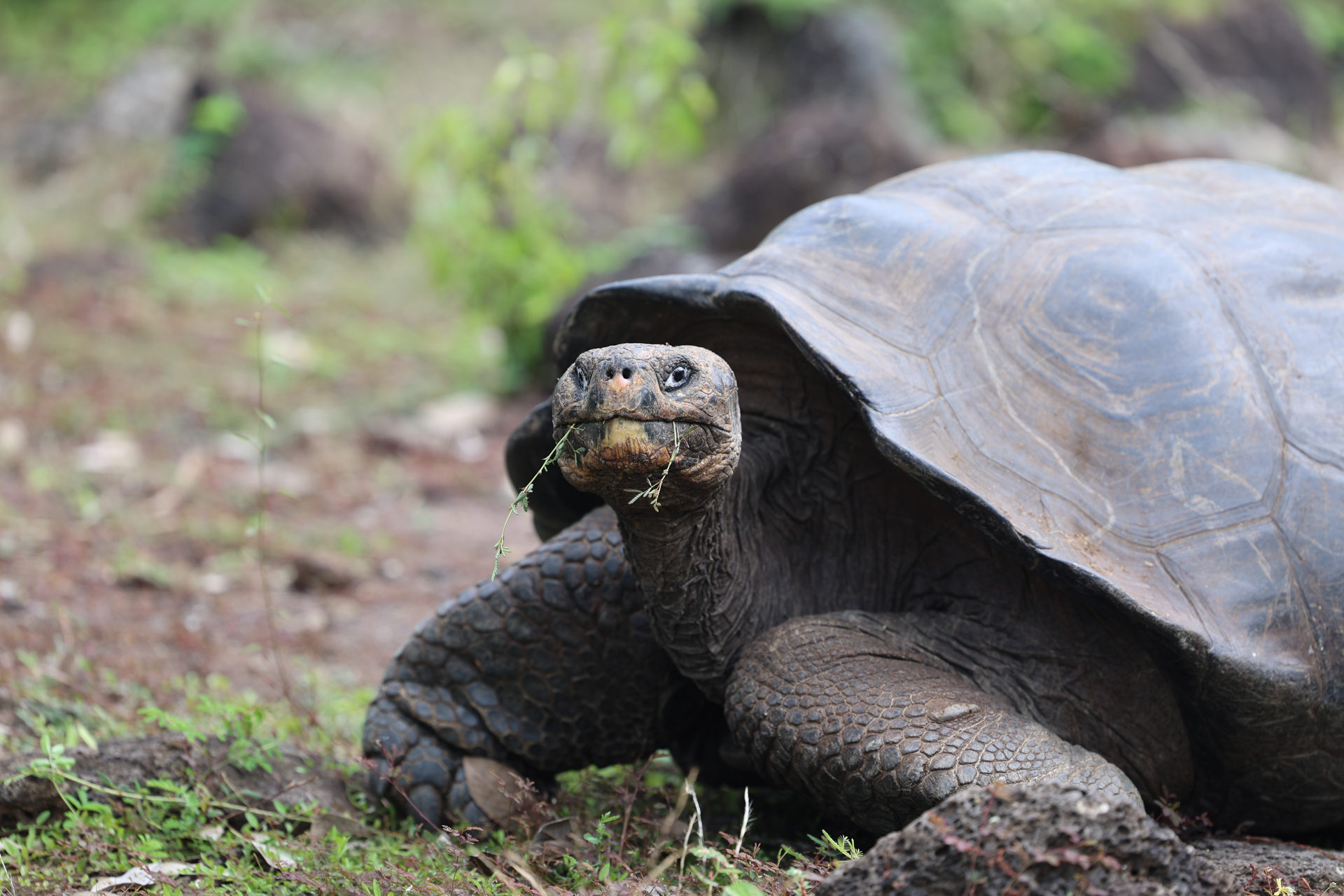COAST-SCAPES is a new project to be developed at the Galapagos Science Center (GSC), titled “Rethinking coastal landscapes with climate-resilient interventions: systemic solutions from land to sea.” Coordinated by the Polytechnic University of Catalonia (Spain), it brings together a consortium of 31 international partners who will work collaboratively to develop innovative strategies that strengthen coastal resilience in Europe, with selected sites in Latin America, Asia, and Oceania. The project is funded with €8.92 million from the European Union’s Horizon Programme and will run for five years.
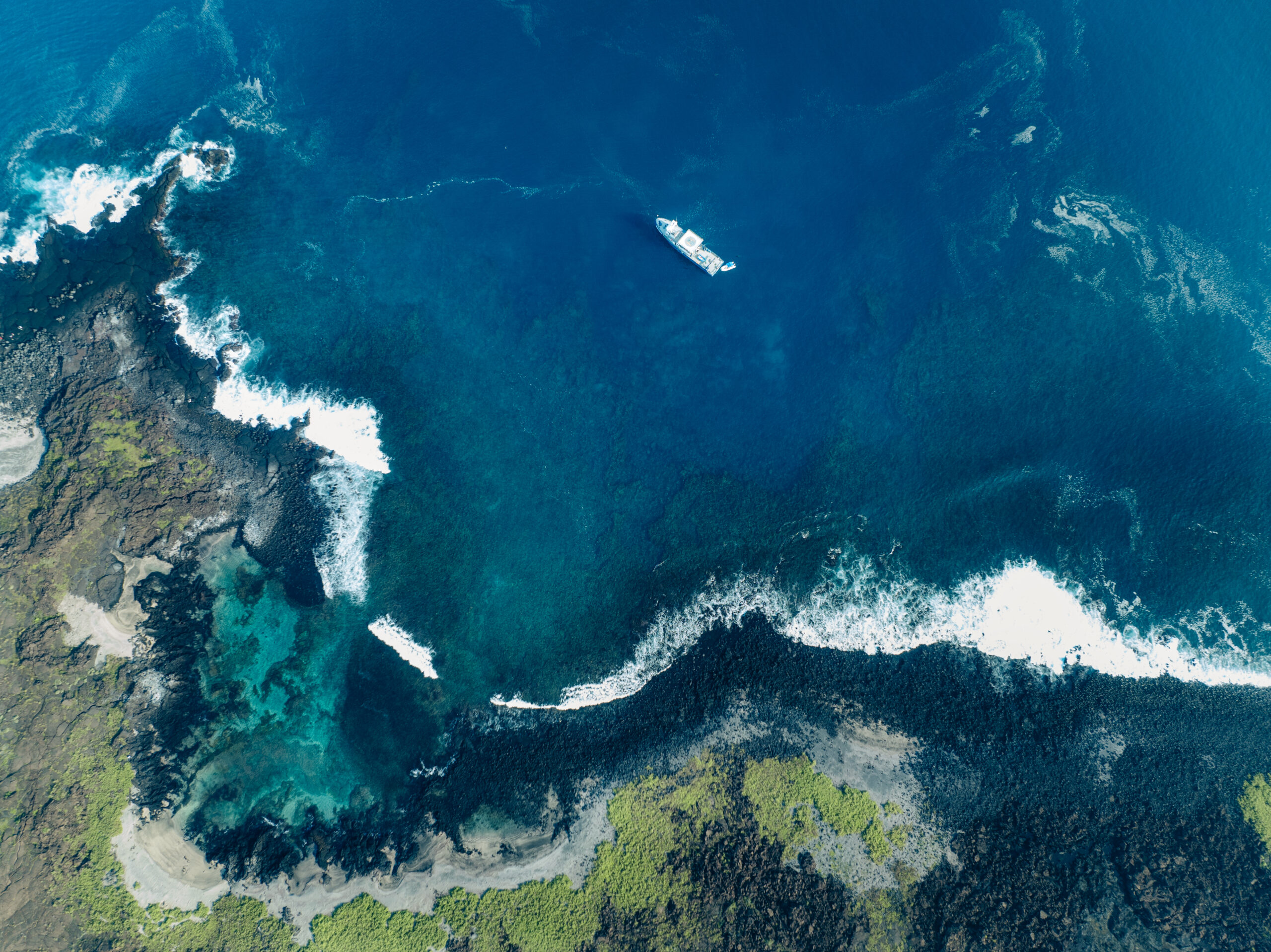
COAST-SCAPES aims to rethink land–coast–sea systems in the face of climate change, with the goal of increasing resilience and promoting biodiversity in these areas. Its approach is transdisciplinary, combining science, governance, social innovation, and sustainable economic models.
The proposed solutions will be co-designed and will integrate environmental indicators, early warning systems, business models, and management tools to reduce climate risks and improve environments from land to sea.
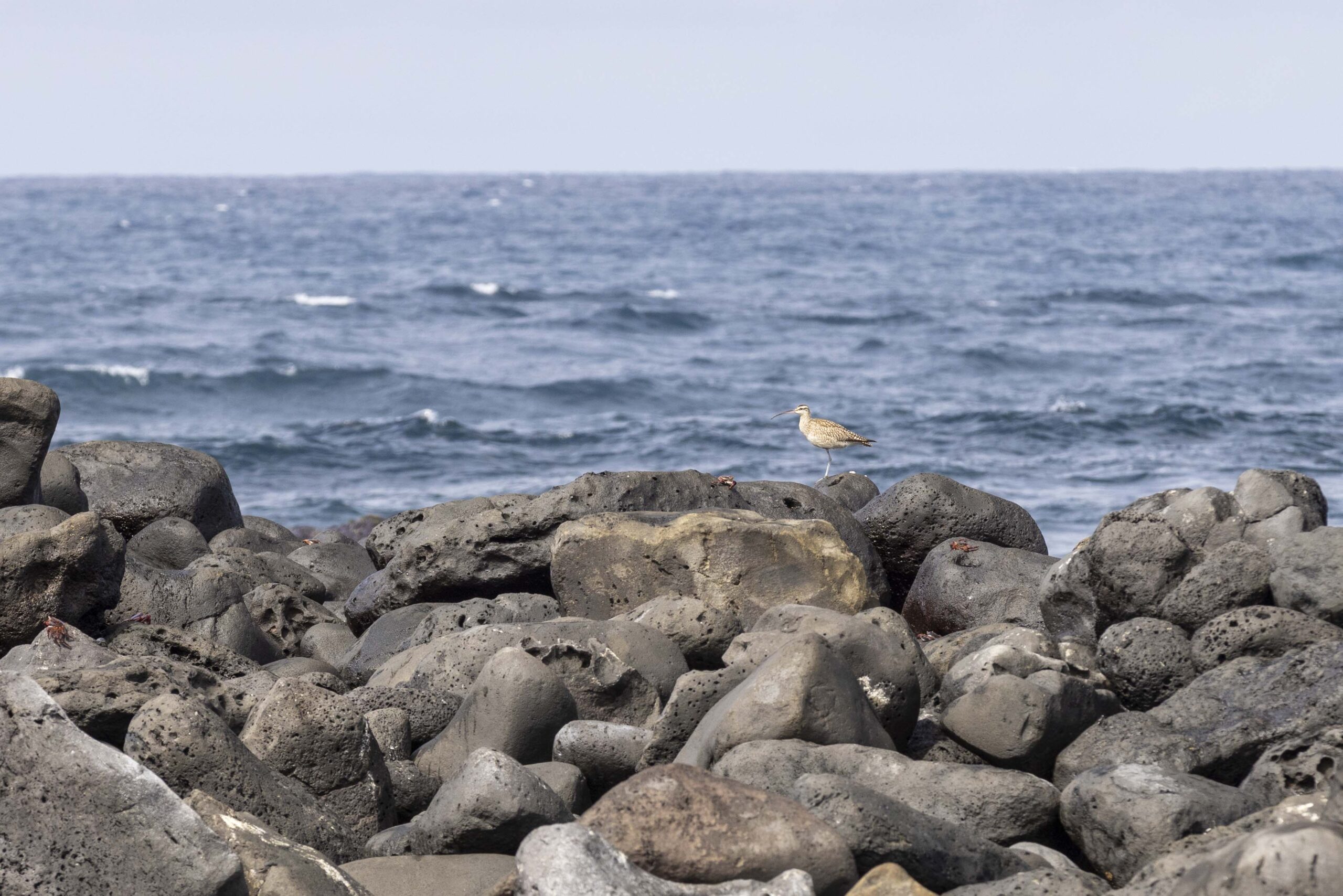
The project promotes Nature-Based Solutions (NbS) adapted to different types of coastal landscapes, governance contexts, climates, and levels of vulnerability. These solutions, supported by broad cross-sector collaboration, will be implemented by empowered regions and communities through an unprecedented combination of technical tools, financial models, and social innovation.
COAST-SCAPES seeks to achieve climate resilience that aligns with biodiversity conservation and the limitations of existing infrastructure, reducing environmental footprints and optimizing the use of scarce natural resources. Social and technical innovation, accompanied by changes in governance models, will help bring systemic resilience into practice, closing implementation gaps in the face of the accelerating pace of climate change.
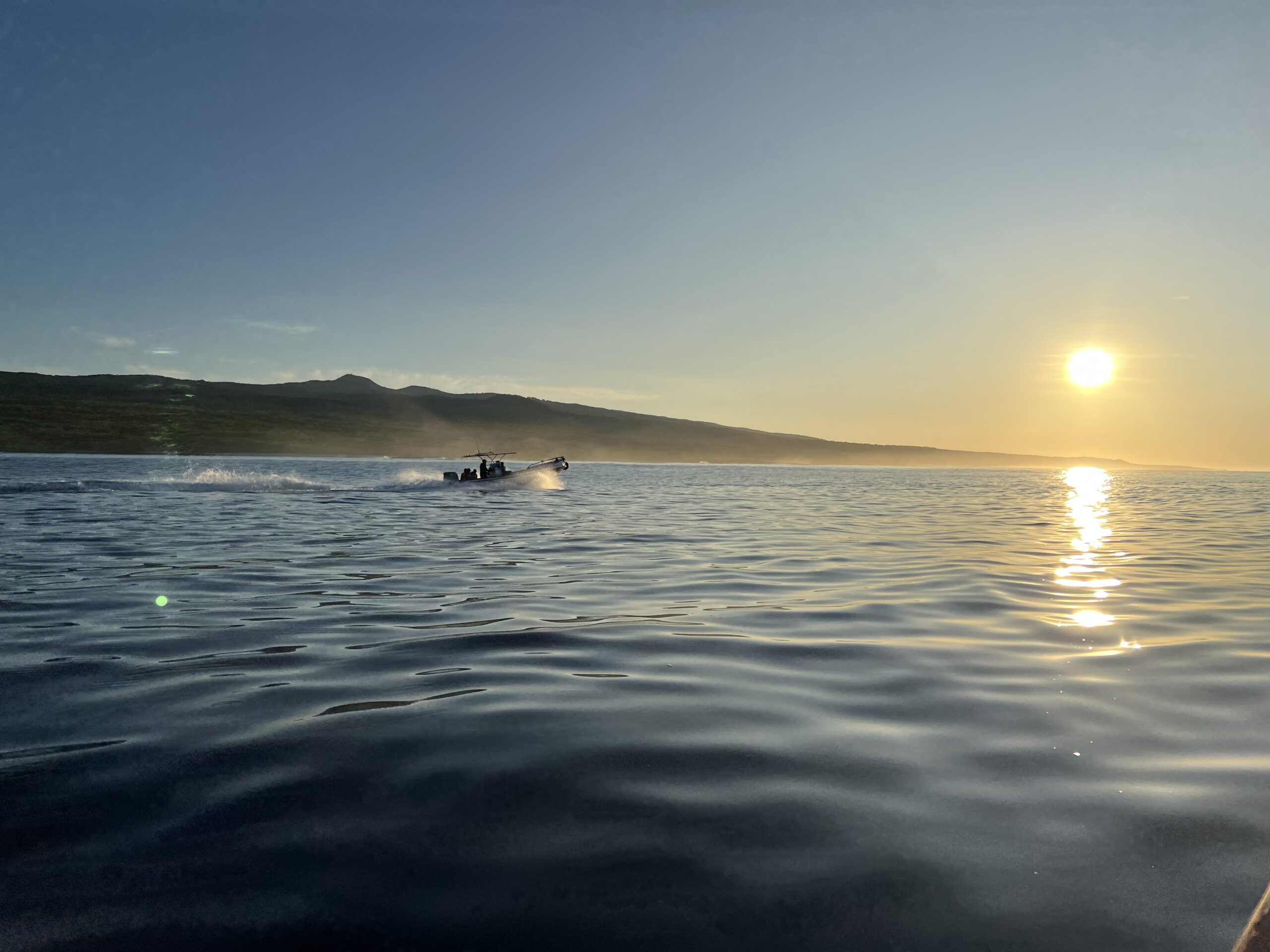
The project will work with pilot regions and communities representing ecosystems and populations highly sensitive to climate impacts, acting as large-scale demonstrators of resilience plans that can be replicated and adapted in other parts of the world. These plans integrate collaboration between science, public policy, industry, society, and the environment, organized through resilience platforms and coordinated by a Council of Regions and Communities.
In the Galápagos Islands, the project is led by Dr. Carlos Mena, professor at the School of Biological and Environmental Sciences and Co-Director of the GSC. Its implementation in the archipelago aims to apply Nature-Based Solutions in vulnerable areas such as Puerto Villamil (Isabela), strengthening climate resilience, conservation, and local infrastructure. The project will also support a PhD student, Galapagos-born economist Pablo Llerena, who is part of the new Ecology and Global Solutions PhD program at the Universidad San Francisco de Quito (USFQ).
The COAST-SCAPES project represents a unique opportunity to boost environmental and social resilience in the Galápagos Islands and to connect local research with global efforts against climate change.
If you want to learn more about this innovative project, contact Dr. Carlos Mena at cmena@usfq.edu.ec.

